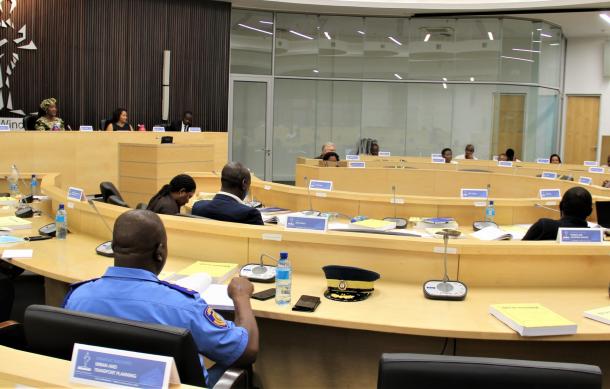
After the 2021 elections, opposition parties gained control of a number of local and regional authorities, forming coalitions in the absence of an outright majority.
However, service delivery at many of these local authorities has since slowed down. This includes the City of Windhoek, the biggest municipality in the country.
Since independence, the City of Windhoek has always been under the control of the Swapo Party.
For years, opposition parties in the council were in the minority and could not stop any council decision taken by Swapo.
However, with Swapo no longer in charge and no party with an outright majority, things have changed.
The situation called for the formation of coalitions to see decisions pushed through and services delivered to the people.
This, though, proved to be the Achilles' heel for the opposition.
Despite lacking a clear majority, the Swapo Party was able to seize and control the management committee.
Meanwhile, frequent complaints about the provision of basic services, like water and electricity, are piling up, while calls for the delivery of urban land and housing date back to the pre-independence era.
The election campaigns during which the current council was elected were filled with promises of improved service delivery, and outspoken activist Dr. Job Amupanda cemented his campaign on the premise of the delivery of serviced land.
The academic became the first opposition mayor in the history of the City.
Amupanda's rise to the helm of the City's political leadership sowed and resulted in new enthusiasm among residents.
But pressure for the delivery of the promised land grew, and Amupanda's perceived backtracking on the issue tested the patience of those who boasted of having put him in the mayoral chair.
Not long after, the City experienced a land-grabbing campaign of epic proportions.
By then, cracks started showing in the relationship between the opposition coalition, which called itself Progressive Forces.
As AR's mayorship tenure came to an end, Landless People's Movement councilor Sade Gawa!Nas was elected as mayor.
But despite trying to paint a picture of an effectively functioning council, the coalition could not hold together.
At one point, the council called two separate media conferences, giving journalists conflicting information and raising even more eyebrows—and putting the coalition at a crossroads.
The coalition had broken down by the end of Gawa!nas' term as mayor, with the council unable to form a quorum to make decisions due to walkouts or simply not attending meetings to elect office bearers.
After two months in the doldrums, the Council met in January and elected seasoned accountant Joseph Uapingene of NUDO as chair of the Council.
However, the 15-member council failed to elect a five-member management committee.
Only three Swapo members were elected, leaving two spaces vacant. The "progressive forces" pulled a strange political stunt, placing nominations among themselves, only to pull out of the race later.
Erastus Uutoni, Minister of Urban and Rural Development, finally broke his silence on the city's shenanigans, summoning the city's political leadership and directing them to resolve their issues by the end of this month.





